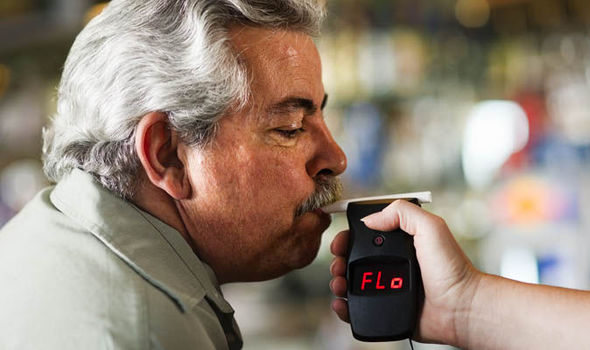‘Hidden’ alcohol problem for affluent over-50s
“These are the people who, if they develop alcohol related illnesses, tend to require the most complex and expensive health care due to the mental and physical problems caused by drinking too much”.
“Harmful drinking may then be a hidden health and social problem in otherwise successful older people”.
Loneliness and depression were not associated, while women who had caring responsibilities had a reduced risk.
Employment status did not seem to be a significant factor but women who had retired were more likely to be at higher risk, the study noted. “Higher risk drinking” is anything above this.
People over 50, who are healthy, active, sociable and highly educated are at more risk of harmful drinking than their less well-off peers, according to research.
Women with higher income were found to be at higher risk of harmful drinking than those with lower income, while among men and women, good health, smoking and higher educational attainment were associated with greater risk of harmful drinking.
Over the course of a week, consuming more than 50 units of alcohol is considered a higher risk drinking level for men, and 35 units or more for women.
They base their findings on more than 9000 responses to the two most recent waves (2008-9 and 2010-11) of the English Longitudinal Survey of Ageing (ELSA), a long term study of a representative sample of those aged 50 and above living independently at home in England.
Harmful drinking was defined as more than 22 units a week for men and 15 for women.
There was a lot more variation in how much people drank if they had lower incomes, with some drinking heavily and others drinking not at all, the researchers found.
Analysis of the responses showed that the risk of harmful drinking peaked for men in their early 60s and then gradually tailed off.
José Iparraguirre, lead researcher of the study, said: “Our findings suggest that harmful drinking in later life is more prevalent among people who exhibit a lifestyle associated with affluence and with a ‘successful” aging process.
Men were more at risk if they were single, younger, not eating healthily and earning more, while having children, being lonely, older and poorer meant they were less likely to be drinking harmful amounts.
Income was associated with a higher risk, but only among women, while smoking, higher educational attainment and good health were all linked to heightened risk in both sexes.
“This habitual behaviour could also put you at an increased risk of becoming alcohol dependent”.
Rosanna O’Connor, director of Alcohol Drugs and Tobacco at Public Health England, added: “Around one in five adults regularly drinks at levels that can damage their health, leading to serious, but preventable, conditions such as stroke, some cancers, depression and liver disease”.
The researchers are now calling for the “explicit incorporation” age-specific drinking guidelines to be targeted at older people.








